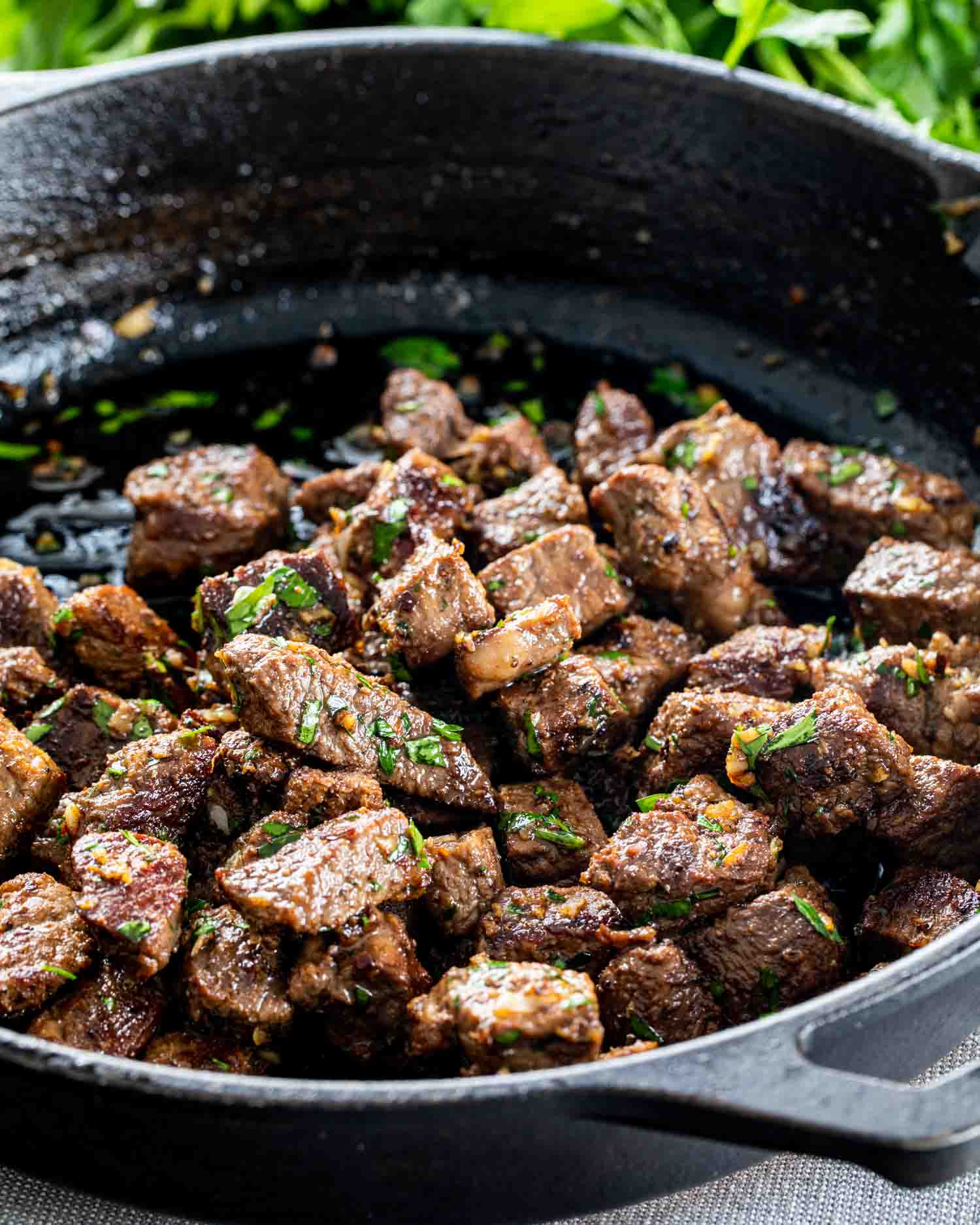From Ranch to Table: Fresh and Costs Meat Choices
The trip of meat from farm to table encapsulates a complicated interplay of top quality, principles, and sustainability. With an increasing focus on fresh and premium options, customers are currently more likely to take into consideration the origins of their food, leading to a restored concentrate on sustainable farming practices and pet welfare standards. This change not only enhances the dietary profile of meat yet additionally supports neighborhood economic situations. Nevertheless, the implications of these selections prolong much beyond personal wellness and local farming. What does this mean for the future of food systems and consumer routines?
Comprehending Meat Sourcing
As customers become significantly knowledgeable about the beginnings of their food, understanding meat sourcing has obtained critical significance. Meat sourcing entails tracing the journey of meat from ranch to table, encompassing different variables such as farming practices, animal well-being, and ecological impact. This understanding encourages consumers to make informed options that straighten with their values, especially relating to sustainability and moral considerations.
The sourcing of meat can vary dramatically based upon multiple requirements, consisting of the kind of animals, farming methods, and geographical location. Grass-fed beef usually comes from pasture-based systems that promote animal welfare and reduce environmental deterioration. On the other hand, traditional meat might include extensive farming methods that elevate problems pertaining to antibiotic usage and environment devastation.
Moreover, traceability plays an important function in meat sourcing. Understanding the particular farm or region where the meat originates helps consumers ensure quality and safety. Many consumers currently look for qualifications or tags that suggest gentle treatment and sustainable practices, reflecting an expanding need for openness in the food supply chain. Eventually, understanding meat sourcing not only boosts customer option yet additionally cultivates accountable usage and supports ethical farming techniques.
Advantages of Fresh Meat
Selecting fresh meat offers countless advantages that extend past flavor and texture. Fresh meat typically maintains higher dietary value contrasted to its frozen or refined counterparts. It is frequently richer in crucial minerals and vitamins, such as B vitamins, iron, and zinc, which are essential for keeping overall wellness.
Furthermore, the sourcing of fresh meat typically involves shorter supply chains, decreasing the time between farm and table. This means that the meat is much less most likely to lose its dietary integrity during transport and storage. Furthermore, customers can experience enhanced preference and juiciness, which can raise cooking experiences.
Fresh meat also supplies an opportunity for consumers to sustain neighborhood farmers and promote sustainable farming practices. When buying from neighborhood resources, individuals can contribute to their neighborhood economy and promote a better link to the food they consume.
Lastly, fresh meat is typically devoid of the preservatives and additives commonly found in processed alternatives. This makes it a cleaner, much healthier alternative for those seeking to visit lessen their consumption of synthetic ingredients. Overall, the advantages of picking fresh meat include health and wellness, taste, and a feeling of area interaction.
Animal Welfare Standards
Making certain high pet welfare criteria is crucial for both honest considerations and the top quality of meat items. The treatment of livestock directly influences not just the ethical effects of Home Page meat manufacturing but additionally the general quality and safety and security of the end items. Animals raised in gentle conditions are much less stressed out, leading to much healthier animals and, subsequently, exceptional meat top quality.
Regulations and certifications worrying animal well-being have actually ended up being significantly considerable in the meat sector. These frameworks make sure animals are supplied with adequate area, proper nutrition, and humane handling throughout their lives. Practices such as pasture-raised systems and free-range settings contribute to far better animal well-being by allowing animals to show natural habits, which is critical for their wellness.
In addition, consumers are ending up being more discerning pertaining to the sources of their meat, bring about a growing need for products that follow strict animal welfare criteria. This shift not just promotes ethical farming techniques yet also motivates manufacturers to take on steps that improve the wellness and well-being of their animals. Meat. Ultimately, prioritizing pet well-being is not just a moral imperative; it is likewise a path to generating premium-quality meat that meets consumer expectations

Sustainable Farming Practices
Lasting farming practices play an important duty in boosting both animal welfare and the high quality of meat items. By applying rotational grazing, farmers can promote healthy pasture environments, permitting pets to feed on nutrient-rich grasses while avoiding overgrazing.
In addition, lasting farming commonly includes incorporated pest management and organic feed options, reducing the usage of dangerous chemicals. This strategy not just safeguards animal well-being but also causes cleaner, have a peek at this website more secure meat products for consumers. Water preservation techniques, such as rainwater harvesting and efficient watering systems, better contribute to sustainable practices, ensuring that resources are made use of deliberately.
Moreover, fostering biodiversity via polyculture systems and preserving habitats for wildlife boosts the durability of farming ecological communities. By focusing on these lasting techniques, farmers can generate high-quality meat that satisfies customer demand while advertising eco-friendly balance. Eventually, accepting sustainable farming practices is important for creating an extra liable and resistant food system that profits pets, farmers, and consumers alike.
Picking Quality Over Quantity
Regularly, customers are encountered with the issue of choosing between quantity and high quality when it pertains to meat items. While buying bigger quantities might appear economically helpful, the long-lasting advantages of selecting premium meat much surpass the immediate financial savings. Quality meat is usually sourced from animals increased in sustainable environments, where they are given proper nourishment and care, leading to premium flavor and dietary worth.
Top notch meats are typically devoid of harmful ingredients, hormonal agents, and anti-biotics that are frequently present in mass-produced options (Meat). This not just guarantees a much healthier dining experience however also supports ethical farming practices that focus on pet welfare. Furthermore, premium meats tend to have a far better structure and taste, improving the total cooking experience
Purchasing quality meat motivates consumers to value smaller sized parts, permitting for an extra conscious approach to consuming. This shift not just affects personal health favorably however likewise advertises sustainable intake patterns that can benefit the atmosphere. In conclusion, focusing on quality over quantity when choosing meat products fosters an extra liable and health-conscious lifestyle, inevitably enhancing both the eating experience and the earth.
Final Thought
